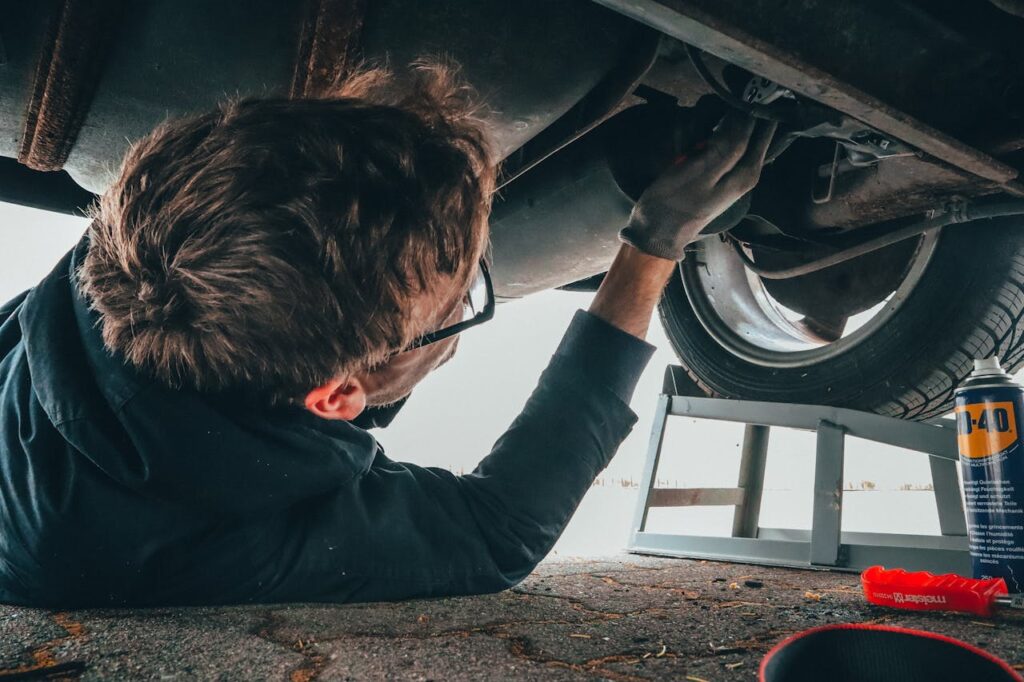When was the last time you checked your car’s brakes? If you can’t remember, you’re not alone. Brake maintenance often falls to the bottom of to-do lists until there’s an obvious problem. But here’s the thing: neglecting your brakes can lead to hefty expenses that could easily have been avoided. In this blog, we’ll explore why regular brake checks are essential—not just for your safety but also for your wallet.
The Cost of Ignoring Brake Maintenance
Brakes are designed to wear over time, but that wear is predictable. Ignoring the early signs of brake issues, like squealing or reduced responsiveness, can escalate into more severe problems, such as damaged rotors. Brake pads protect your rotors by absorbing friction. If the pads wear out, the metal-on-metal contact can warp or damage rotors. Replacing rotors can cost up to five times more than a simple pad replacement. Another issue is caliper repairs. Overused brakes strain the calipers, a more expensive component. If damaged, you might need a full brake system replacement. These expenses quickly add up and could have been avoided with regular brake inspections.
How Regular Checks Save You Money
Regular brake checks ensure early detection of wear and tear. Professionals can catch issues like thinning brake pads or leaking brake fluid before they escalate. Replacing brake pads early costs far less than dealing with major system failures. Additionally, properly functioning brakes improve fuel efficiency. Faulty brakes can lead to uneven braking, making your car less fuel-efficient. Regular maintenance ensures smooth braking, helping you save on gas over time. Preventative checks also help avoid secondary damage. When brakes fail, they can affect other systems, including tires and suspension. Regular checks prevent these domino-effect repairs. Finally, taking care of your brakes contributes to the overall longevity of your car. A well-maintained vehicle retains its resale value better than one with neglected brakes.
Safety Is Priceless
While saving money is a compelling reason, let’s not forget the most important one: safety. Faulty brakes significantly increase the risk of accidents. Regular brake checks ensure your car stops when you need it to, protecting you and others on the road.
How Often Should You Check Your Brakes?
Experts recommend a brake inspection every 10,000 to 12,000 miles or at least once a year. If you notice any unusual noises, vibrations, or a longer stopping distance, don’t wait—get them checked immediately.
Conclusion
Think of brake maintenance as an investment, not an expense. By scheduling regular brake checks, you’re preventing costly repairs, improving fuel efficiency, and most importantly, ensuring your safety. The next time you’re tempted to skip that maintenance appointment, remember: a little proactive care goes a long way in saving you money and giving you peace of mind on the road.


